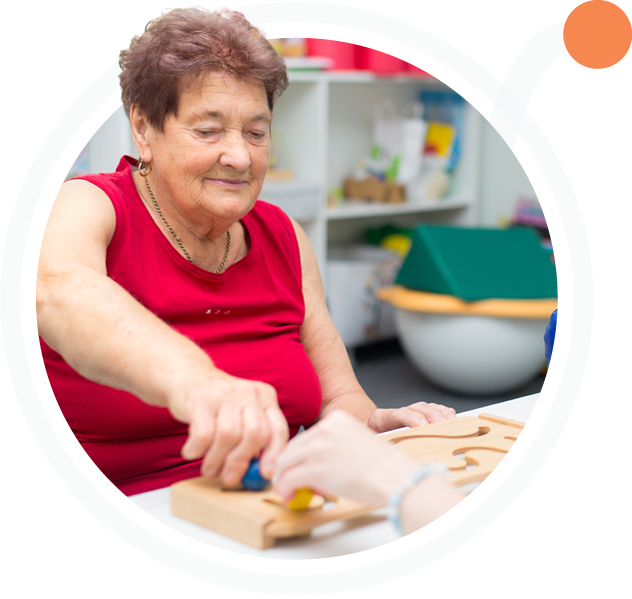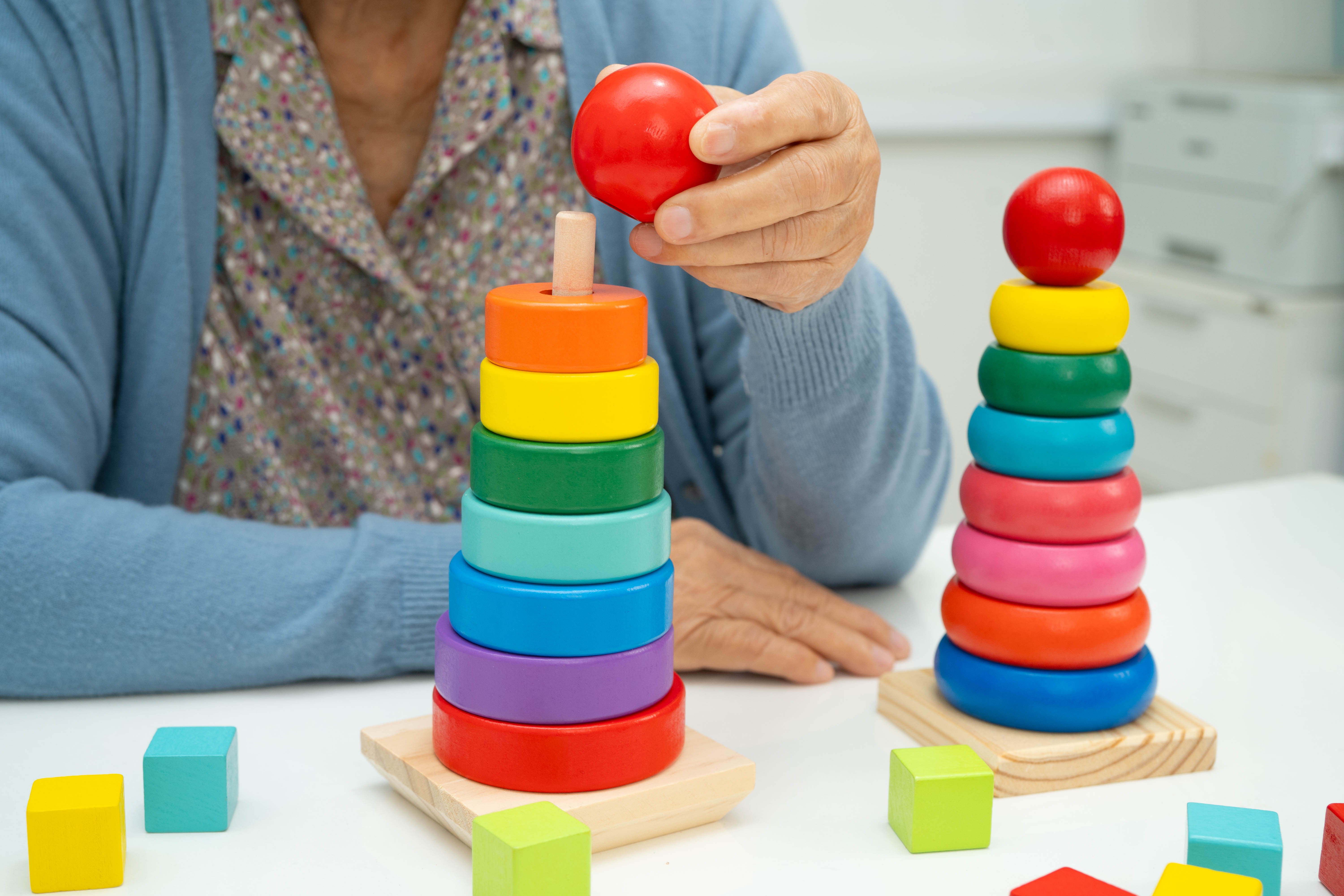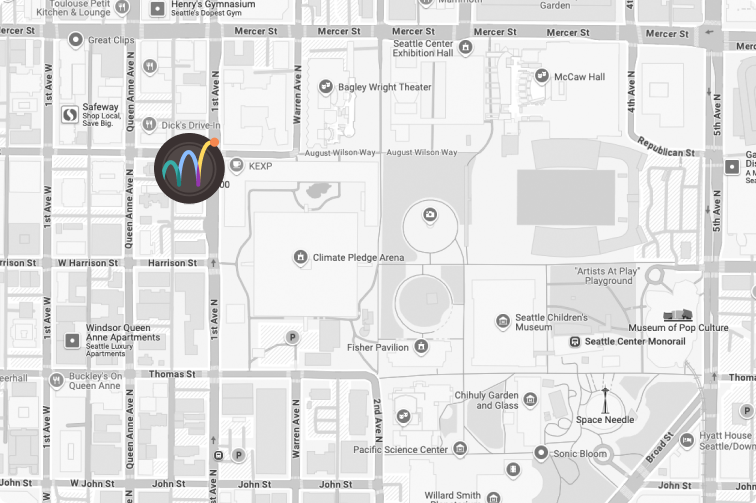
EXPERTISE
Brain Injury Rehabilitation
Outpatient care for traumatic brain injuries, concussions, and neurological traumas.
EXPERTISE
Rebuilding function
Brain injury rehabilitation is a specialized, multidisciplinary process designed to help individuals recover as much function and independence as possible after a brain injury. The rehabilitation plan is tailored to each person’s specific needs and may address a range of challenges, including physical impairments, cognitive difficulties, emotional changes, and behavioral issues.
EXPERTISE
About traumatic brain injuries
Traumatic brain injuries (TBIs) occur when a sudden blow, jolt, or penetrating injury to the head disrupts normal brain function. They can range from mild, such as a concussion, to severe, involving extended unconsciousness or permanent dysfunction.

Common problems after TBI
Following even a mild brain injury (mTBI, or “concussion”), some people experience persistent problems with cognitive and physical function.
These common problems can include headaches, persistent pain, dizziness, balance changes, incoordination, sensitivity to light or noise, and vision problems. Some individuals can experience difficulty with memory, concentration, and problem-solving. Difficulty sleeping and emotional changes like irritability, depression, and anxiety are also common.
With all these problems, it is often extremely difficult to return to a normal lifestyle. Comprehensive rehabilitation care works to address these concerns from an integrated and symptom-focused perspective, helping to restore a patient’s overall functioning.

TBI treatments
Treating TBIs often includes a team of healthcare professionals—such as psychiatrists, physical and occupational therapists, speech-language pathologists, neuropsychologists, and vocational counselors—working together to support recovery.
Therapy may focus on improving movement, coordination, communication, memory, attention, and problem-solving skills, while also helping individuals adapt to any lasting changes through compensatory strategies and assistive technologies. Emotional support and counseling are also important, as brain injuries can significantly affect mood, self-esteem, and relationships.
The ultimate goal of brain injury rehabilitation is to help individuals regain independence, enhance quality of life, and reintegrate into their home, community, and work environments.
